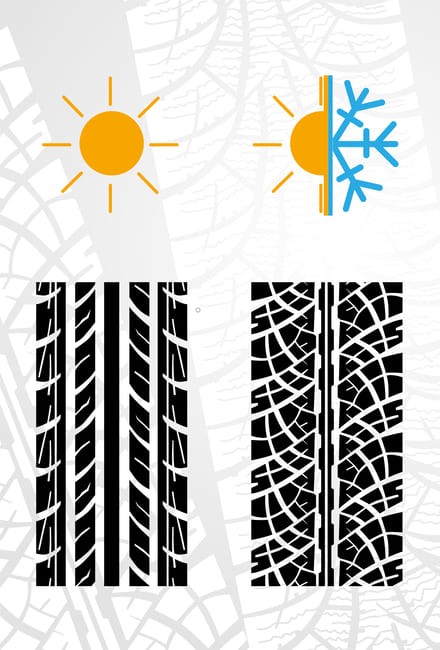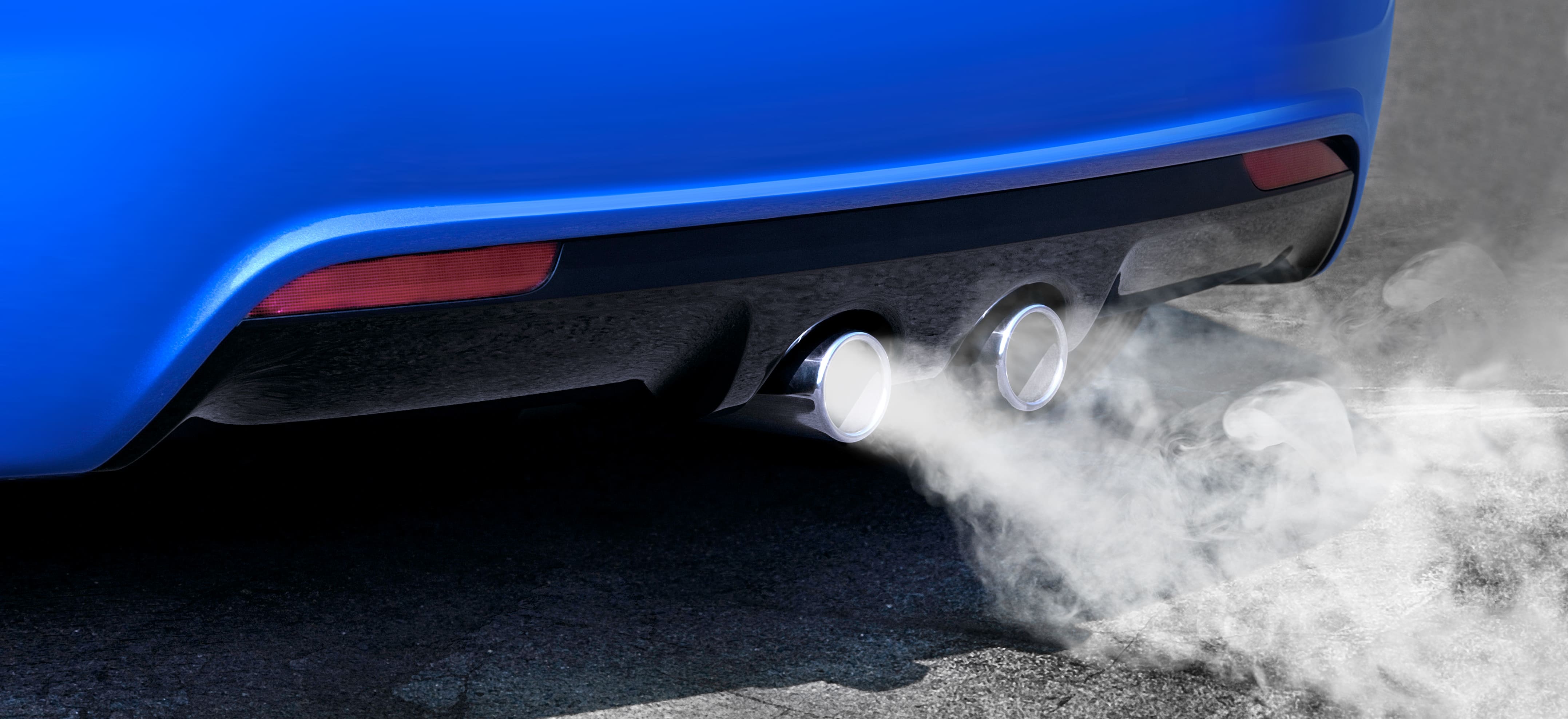
Summer tyres or all-season tyres? How to choose
While many of us welcome the long, sunny days of summer with open arms, the warm conditions are much less appealing for cars. The stifling heat, busy traffic and humid air can be particularly hard on tyres. Rising temperatures cause the tyre air pressure to increase and the rubber compound of the tyres to soften, making them vulnerable to blowouts. It’s therefore critical that your tyres are strong enough to withstand the heat. However, the question here is whether summer tyres really are the best option for you.

What are summer tyres?
Sometimes known as performance summer tyres are designed to provide excellent handling, maximum grip and increased responsiveness on wet and dry roads at temperatures above 7°C. The tread pattern typically features larger tread blocks to increase its contact with the road, as well as fewer sipes and lower profiles than winter tyres. They are designed for high speed handling and improved braking, with speed ratings of up to 186 mph. This makes them a popular choice for sports cars and high-performance vehicles.
Although the strong rubber compound and stiff sidewalls make them ideal for warm conditions, these features have significant disadvantages in winter. In freezing temperatures, the overall traction of the tyres is reduced and the rubber can harden so much that it splits. Moreover, they are not designed to deal with snow or ice.
What are all-season tyres? Are they any good?
As the name suggests, all-season car tyres combine features of both summer and winter models to handle all kinds of weather. They offer stability, durability and sufficient grip in cold, hot, and wet conditions. They have slightly deeper treads than your standard summer tyres and more grooves and sipes, allowing them to effectively channel away water and snow. The rubber compound offers just enough elasticity for winter and thermal-resistance for summer.
They’re the jack of all trades and the masters of none. In other words, versatility requires a trade-off. Though they perform well in summer, the tyre tread and composition don't offer the same amount of grip that summer tyres do and, consequently, don’t provide the same speed, cornering and braking capabilities. This is a necessary sacrifice that allows the tyre to function in winter. At the same time, all-season models are not as effective as winter tyres in severe snowy weather.
Check out the latest deals and buy all-season car tyres here.

All-season vs summer tyres (UK)
In general, the UK enjoys a mild climate with less extreme winters than its Northern neighbours and more moderate summers than most. However, in recent years, the nation has seen some extraordinary heat waves and wacky weather. If you’re a regular driver living in an urban area, all-season tyres may be the most practical option for you as they meet all your basic driving needs without the inconvenience of having to switch tyres every winter and spring.
However, it cannot be denied that summer tyres have a number of specialist advantages. Not only do they offer better handling on wet and dry roads, but they also help to reduce the vehicle’s fuel consumption during the sunny season. They are quiet and offer a high amount of driving comfort.
If you’re wondering how and where to store your winter tyres, you can find wheel storage bags for car online. This will protect your tyres from moisture and grime as well as enable you to store them away neatly without the usual mess and hassle.
Can you mix summer and all-season tyres?
This is strongly advised against. Mixing different types of tyres could cause stability and traction issues and pose a serious safety risk. In some cases, it’s even illegal. As a general rule, tyres should be from the same brand with the same tread pattern, load index and speed rating.
TOP products on the subject:








